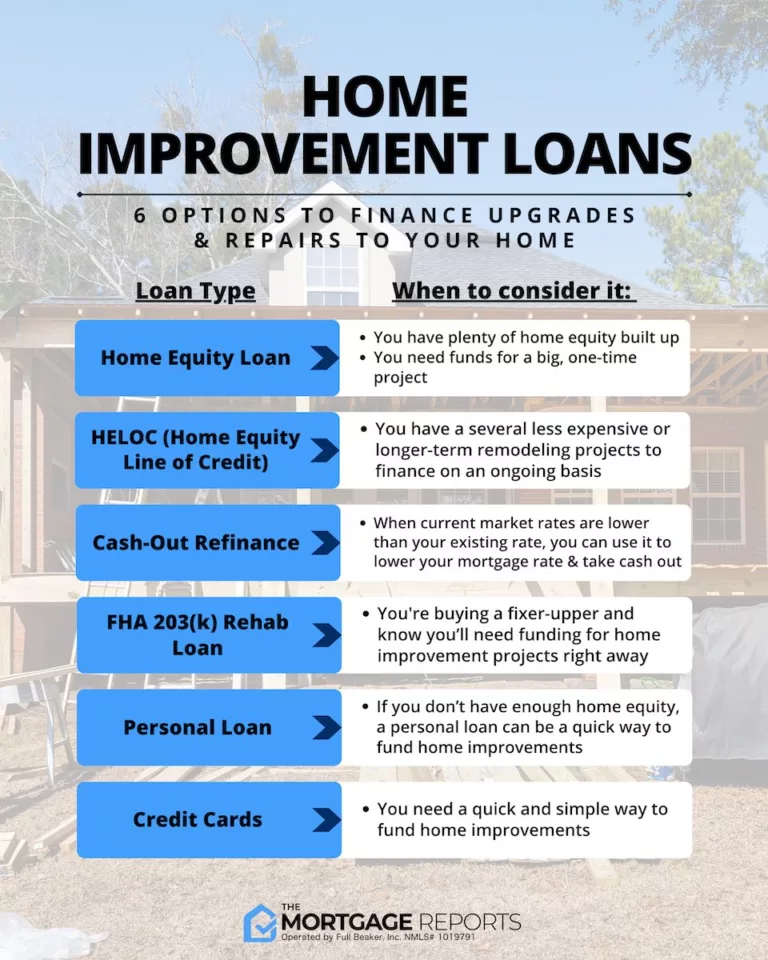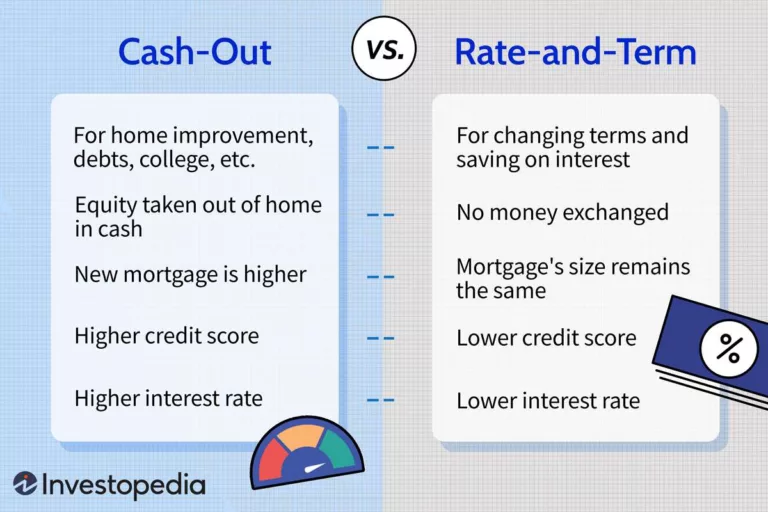What is Mortgage Maturity Date: Unveiling the Secrets
The mortgage maturity date refers to the final deadline for repaying the full amount of the mortgage loan. A mortgage maturity date is the last day by which you must pay off the entire mortgage loan you borrowed.
It acts as the deadline for you to finish making all the necessary payments and close out the mortgage loan. This date is agreed upon at the time of signing the mortgage agreement and is typically specified in terms of the number of years you have to repay the loan.
Understanding the maturity date of your mortgage is crucial for effective financial planning and ensuring timely payments. Failing to meet this deadline may lead to penalties or unfavorable consequences, so it is essential to stay aware of your mortgage maturity date and plan accordingly.
Understanding Mortgage Maturity Date
The mortgage maturity date refers to the end of your mortgage term when the loan is fully paid off. It is the date by which you need to repay the total balance of the loan, including the principal and interest.
Understanding Mortgage Maturity Date When it comes to understanding the ins and outs of a mortgage, the terminology can sometimes feel overwhelming. One term that often causes confusion is the mortgage maturity date. However, once you comprehend what this date signifies and why it is important, navigating the world of mortgages becomes a little easier. H3: What is a Mortgage Maturity Date? A mortgage maturity date refers to the end of your mortgage term. It is the date by which your mortgage is expected to be fully paid off, including both the principal amount borrowed and the interest. Essentially, it marks the completion of your mortgage contract. The mortgage maturity date is agreed upon and specified in the mortgage agreement when you first obtain the loan. H3: Why is the Mortgage Maturity Date Important? Understanding the importance of the mortgage maturity date is essential for effective mortgage management. Here are a few key reasons why this date holds significance: 1. Repayment Planning: The mortgage maturity date provides you with a clear timeline to plan and strategize your repayment strategy. It allows you to budget and allocate funds accordingly, ensuring that you make regular and timely payments. 2. Refinancing Options: As the mortgage maturity date approaches, many homeowners consider refinancing to secure better interest rates or adjust the terms of their mortgage. Being aware of this date allows you to explore different refinancing options and make informed decisions. 3. Early Repayment Penalties: Some mortgage agreements include penalties or fees for early repayment. However, once you reach the mortgage maturity date, these penalties no longer apply. This enables you to pay off your mortgage in full without incurring any extra costs. 4. Renewal and Negotiation: When your mortgage matures, you have the opportunity to renegotiate the terms of your loan or switch to a different lender. Understanding the mortgage maturity date allows you to start this process in advance, ensuring you have ample time to explore your options and negotiate the best terms possible. Overall, the mortgage maturity date plays a vital role in managing your mortgage effectively. It provides a definitive timeline for repayment planning, allows you to consider refinancing options, ensures you avoid early repayment penalties, and enables you to work proactively in the renewal and negotiation process. So, make sure you are aware of your mortgage maturity date to make the most of your mortgage experience.
Credit: fastercapital.com
Factors Affecting Mortgage Maturity Date
When it comes to mortgages, the maturity date plays a crucial role in determining the duration of your loan agreement. The mortgage maturity date refers to the date when your mortgage loan is scheduled to be fully paid off. Several factors impact the mortgage maturity date, including:
Loan Term Length
The length of your loan term is one of the primary factors that determine the mortgage maturity date. Loan term length refers to the agreed-upon time frame in which you’ll make payments towards your mortgage. Typically, loan terms range from 15 to 30 years. The longer the loan term length, the later the maturity date will be.
Interest Rate
The interest rate of your mortgage also affects the maturity date. The interest rate is the percentage at which the lender charges you for borrowing the money. A higher interest rate means a larger portion of your monthly payment goes towards interest rather than paying off the principal balance. This, in turn, extends the time needed to fully repay the loan, pushing the maturity date further into the future.
Payment Frequency
The frequency at which you make mortgage payments is another factor that influences the maturity date. Mortgage payments can typically be made on a monthly, bi-weekly, or weekly basis. Making more frequent payments, such as bi-weekly or weekly, allows you to pay down the principal balance faster, shortening the loan term and moving the maturity date earlier.
In conclusion, understanding the factors that affect the mortgage maturity date can empower you to make informed decisions about your mortgage loan. Loan term length, interest rate, and payment frequency all play key roles in determining how long it will take you to repay your mortgage in full. By considering these factors, you can set yourself on a path towards mortgage freedom.
Consequences Of Extending Or Shortening The Mortgage Maturity Date
Understanding the consequences of extending or shortening the mortgage maturity date is crucial for homeowners who want to make informed decisions about their mortgage. The mortgage maturity date is the date when the mortgage loan is scheduled to be fully repaid. Extending the maturity date refers to lengthening the repayment period, while shortening it means reducing the time it takes to repay the loan. Both options come with their own set of advantages and disadvantages that borrowers should consider carefully before making a decision.
Advantages Of Extending The Mortgage Maturity Date
Extending the mortgage maturity date can provide several benefits for homeowners:
- Lower Monthly Payments: By extending the mortgage maturity date, borrowers can reduce their monthly mortgage payments, making it more affordable and manageable in the short term.
- Improved Cash Flow: With lower monthly payments, homeowners have more disposable income available for other expenses or investments, which can help improve their overall financial situation.
- Flexibility: Extending the maturity date allows borrowers to have more flexibility in their finances, giving them the option to allocate funds towards other financial goals or emergencies.
Disadvantages Of Extending The Mortgage Maturity Date
While there are advantages to extending the mortgage maturity date, borrowers should also consider the potential drawbacks:
- Higher Total Interest Paid: Extending the repayment period can result in a higher overall interest cost over the life of the loan, meaning borrowers will ultimately pay more for their home.
- Longer Debt Obligation: With a longer mortgage term, homeowners will be in debt for a more extended period, which may not align with their long-term financial goals, such as retiring debt-free.
- Delayed Home Equity: Extending the mortgage maturity date delays the process of building home equity, as a significant portion of the initial payments goes towards interest rather than principal.
Advantages Of Shortening The Mortgage Maturity Date
Shortening the mortgage maturity date can offer homeowners various advantages:
- Reduced Interest Costs: With a shorter repayment period, borrowers can save a significant amount of money on interest as they pay off the loan sooner.
- Build Home Equity Faster: A shorter mortgage term allows homeowners to build equity in their home more quickly since a larger portion of their payments goes towards the principal balance.
- Freedom from Debt Sooner: By paying off the mortgage earlier, borrowers can achieve the financial freedom of owning their home outright, eliminating the pressure and stress of monthly mortgage payments.
Disadvantages Of Shortening The Mortgage Maturity Date
Despite the advantages, shortening the mortgage maturity date may come with some potential disadvantages:
- Higher Monthly Payments: Shortening the repayment period typically results in higher monthly mortgage payments, which may strain the borrower’s monthly budget.
- Reduced Cash Flow: With higher monthly payments, borrowers may have less free cash flow for other expenses or investments, limiting their financial flexibility.
- Potential Financial Strain: Accelerating the repayment schedule could be challenging for homeowners who are not financially prepared to handle higher monthly obligations.
Tips For Managing Mortgage Maturity Date
Managing your mortgage maturity date is crucial for a smooth and stress-free homeownership journey. This is the date when your mortgage term ends and the remaining balance becomes due. By effectively managing this milestone, you can save money, avoid penalties, and potentially refinance for better terms. Here are some tips to help you navigate your mortgage maturity date:
Reviewing Mortgage Terms And Conditions
Reviewing your mortgage terms and conditions is a vital step in managing your mortgage maturity date. It is essential to understand the specific terms and conditions laid out in your mortgage agreement, including interest rates, payment frequency, and any penalties associated with early repayment or missed payments. This will ensure that you are aware of your obligations and can plan accordingly.
Working With A Mortgage Professional
Working with a mortgage professional can be invaluable when managing your mortgage maturity date. They have the knowledge and expertise to guide you through the process and help you make informed decisions. Whether you are considering refinancing, negotiating better terms, or exploring other options, a mortgage professional can provide valuable advice and support.
Budgeting For Future Payments
One of the key steps in managing your mortgage maturity date is budgeting for future payments. It is essential to assess your financial situation and determine whether you can comfortably continue making mortgage payments or whether refinancing might be a better option. By carefully budgeting for future payments, you can ensure that you are prepared to meet your obligations and make the necessary financial adjustments if needed.
Overall, effectively managing your mortgage maturity date requires careful planning, a thorough understanding of your terms and conditions, and working with a trusted mortgage professional. By following these tips, you can ensure a smooth transition when your mortgage term comes to an end.
What Happens After The Mortgage Maturity Date?
A mortgage maturity date refers to the point when the loan must be fully paid off. After the maturity date, borrowers have several options, such as refinancing, selling the property, or negotiating with the lender for an extension.
Options For Renewing Or Refinancing The Mortgage
Once the mortgage maturity date has been reached, homeowners have several options to consider when it comes to their mortgage. One option is to renew the existing mortgage with the lender. This allows homeowners to continue with the same terms and conditions, including the interest rate, for a set period of time. Renewing the mortgage can provide stability and peace of mind, especially if the current interest rates are higher than what the homeowner is currently paying. Another option is to refinance the mortgage. Refinancing involves paying off the existing mortgage and replacing it with a new one. This can be beneficial if interest rates have decreased since the original mortgage was obtained. With refinancing, homeowners have the opportunity to secure a lower interest rate, potentially reducing their monthly payments. Additionally, homeowners may choose to refinance in order to access the equity in their home for renovations or other financial needs.Paying Off The Remaining Balance
For homeowners who are in a position to do so, paying off the remaining balance of the mortgage is another option after the maturity date. This means that the homeowner would make a lump sum payment to the lender, effectively ending the mortgage agreement. Paying off the remaining balance can provide a sense of financial freedom and eliminate the need for monthly mortgage payments. However, it’s important to carefully consider this option, as it may require a substantial amount of savings or access to funds.Considering Future Homeownership Goals
Once the mortgage maturity date has passed, it’s a good time for homeowners to consider their future homeownership goals. This could involve evaluating whether to stay in the current property or consider purchasing a new home. Homeowners may want to assess their financial situation, including their ability to afford a larger down payment, their long-term financial goals, and their desired location for their next home. By considering future homeownership goals, homeowners can make informed decisions about their next steps after the mortgage maturity date. In conclusion, after the mortgage maturity date, homeowners have various options to consider, including renewing or refinancing the mortgage, paying off the remaining balance, or evaluating future homeownership goals. Each option has its own advantages and considerations, and homeowners should carefully assess their financial situation and goals in order to make the best decision for their circumstances.
Credit: www.theceo.in

Credit: www.theceo.in
Frequently Asked Questions Of What Is Mortgage Maturity Date
What Happens On Mortgage Maturity Date?
Once the mortgage matures, the loan term comes to an end. At this point, the borrower must repay the outstanding balance in full. It’s an opportunity to handle any remaining mortgage payments. Remember, failure to meet the obligations may result in penalties or foreclosure.
What Happens When Loan Reaches Maturity Date?
When the loan reaches its maturity date, the borrower is required to repay the remaining principal and any outstanding interest. The lender may also offer options to renew or refinance the loan if needed.
What Happens If Mortgage Is Not Paid By Maturity Date?
If a mortgage is not paid by the maturity date, the borrower may face consequences such as foreclosure, late fees, damage to credit score, and possible legal action. It is crucial to meet the payment obligations to avoid these unfavorable outcomes.
What Happens After Maturity Date?
After the maturity date, the agreed-upon terms of an investment or loan come to an end. Depending on the agreement, the investment may be cashed out, rolled over, or renewed. It is essential to review the contract and discuss options with the lender or investment company.
Conclusion
Understanding the mortgage maturity date is essential for homeowners. It signifies the end of your mortgage term and determines when your loan must be fully repaid. By knowing this date, you can plan your finances accordingly and take steps to ensure a smooth transition.
So, make sure to keep track of your mortgage maturity date and be prepared for this significant milestone in your homeownership journey.



